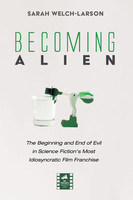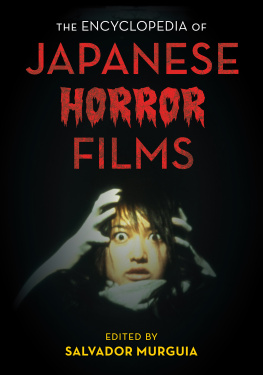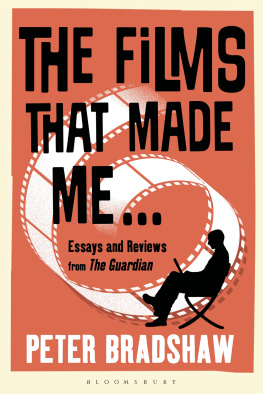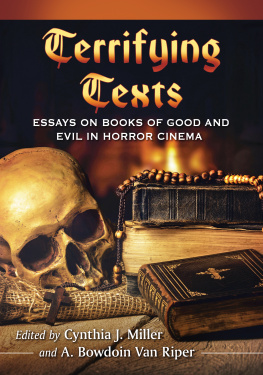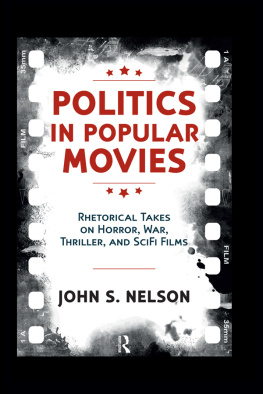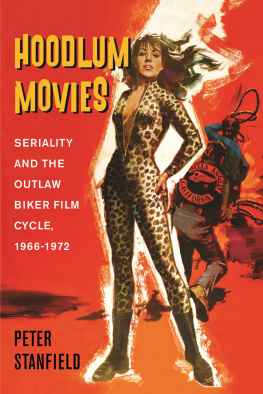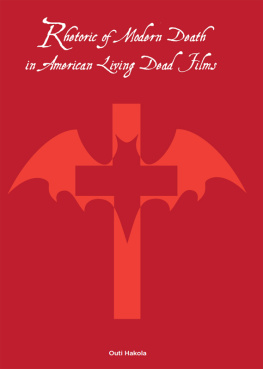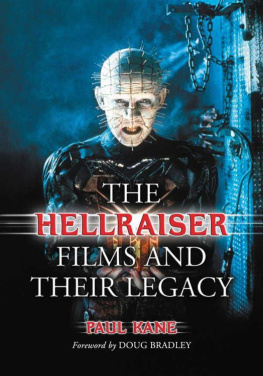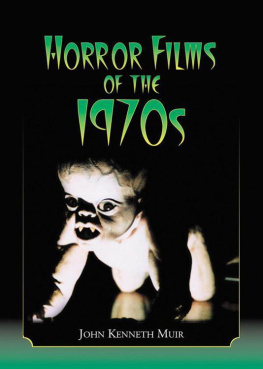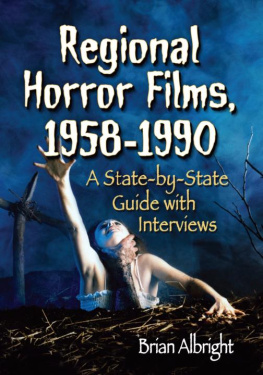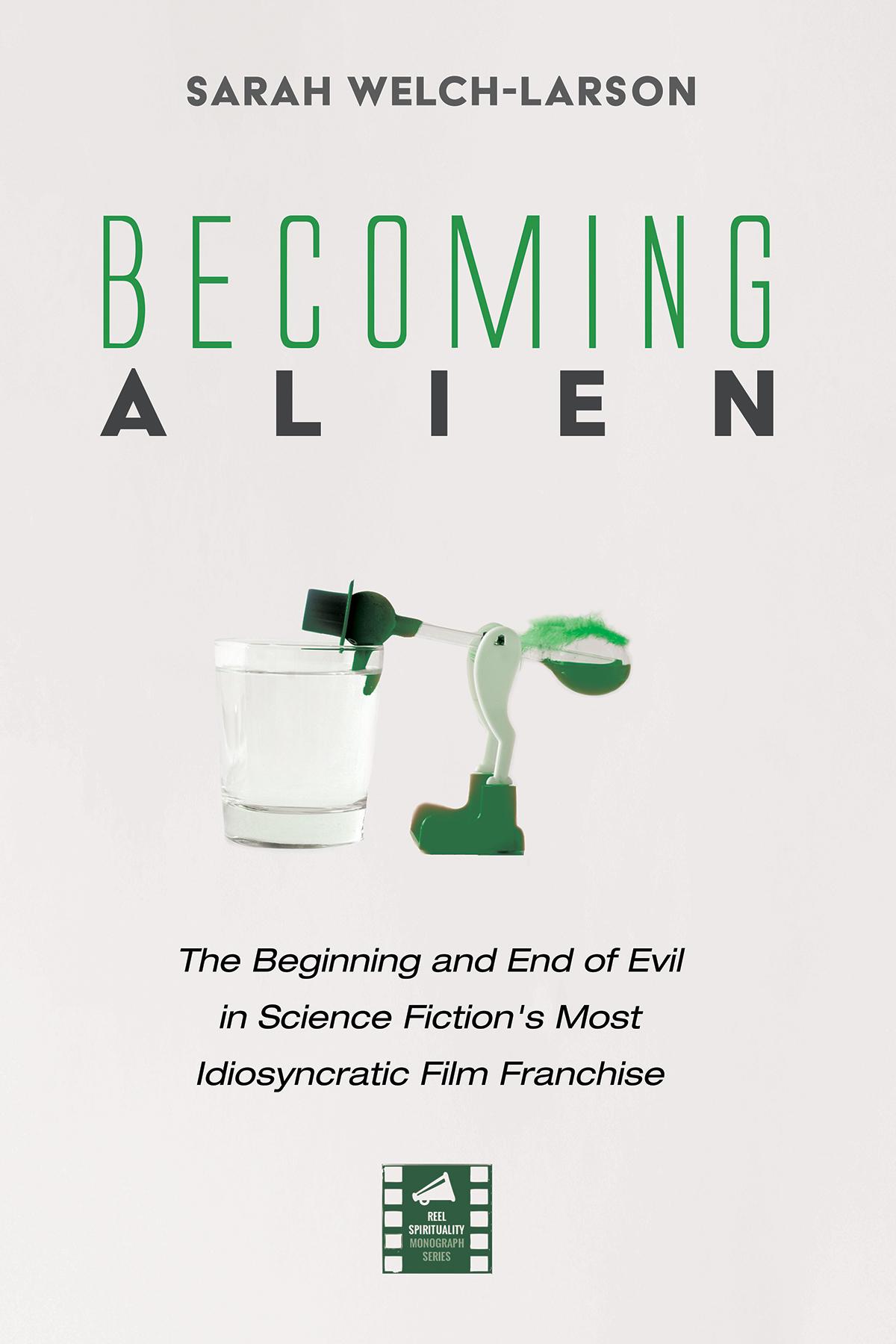T hank you to Elijah Davidson, who took my enthusiasm about religion and science fiction seriously, and to Dr. Kutter Calloway. Your encouragement, belief, and advice were invaluable throughout the process of writing this book.
Thank you to Chad Perman and the editorial staff at Bright Wall/Dark Room for being the first to publish me, and for pushing me to dig deeper and think harder about the things that seemed like minutiae. Thank you to Josh Larsen at Think Christian for pushing me to write about faith without dancing around it.
My deepest thanks to my husband Josh, who introduced me to Dr. Catherine Kellers work, who encouraged me throughout the research and writing process, and who allowed Ripley and David and all the other characters in the Alien universe to take up residence in our home as temporary roommates. Thank you for arguing about the free will of robots with me.
Introduction
In the Beginning
S cience fiction provides a useful framework for considering issues from our own world in the context of another. We can lift a conceptinequality, prejudice, gender, fear of nuclear fallout, the value of a human lifeand drop it into a new and strange setting. This new environment, like the light of an alien sun, illuminates the concept in a way we cannot see on our own soil, trapped as we are in our own contexts. In another world we can dissect it, feel it, pull it apart, and sew it together again. Here, in the real world, we are blind, unable to express what we cannot see. There, in the strange un-world of science fiction, the fog lifts. Even if just for a little while, we can see our issues clearly, and their borders, boundaries, definitions, and causes are thrown into relief; perhaps we will find a space to understand them a little better.
What better alien environment than the Alien films?
Alien and its sequels have been picked over again and again in academic writing, ever since the first film was released forty years ago. Alien has been considered a problematic work because Ripley is reduced to her mother instinct, a triumph, a mistake.
Many of these readings are valid. Each of the Alien films takes the blueprint set for it by the original, and adapts the story to fit the intentions and interests of the people telling the story. The rousing action of Aliens inserts James Camerons interest in megacorporations, machinery, and tough women into the series; the meditative introspection of Alien strips away the machinery and adds a patina of David Finchers trademark nihilism. Alien: Resurrection deals in Jean-Pierre Jeunets exaggerated whimsy with a satirical bite. Prometheus and Alien: Covenant are more contemplative and digressive than the original spare Alien , which stands to reason: Ridley Scott was thirty-five years older when he made the prequels than he was when he directed the original. Each film also takes on a different meaning, depending on the person who watches it. Feminists read the film as feminist; Marxists read it as anti-capitalist. Like the alien the series is named for, each film adapts to its environment and its host.
These isms are useful readings. They help us to tackle whatever problem we would like to face, allowing us to wrestle with one of the myriad issues of our world. But sexism, capitalism, and fear are not the core driver at the heart of the Alien story. They are facets, symptoms of a much deeper, more malevolent sickness. Alien could be a story symbolizing evil in specific situations: as a rape allegory, or a critique of colonialism. But like all great horror Alien , more accurately, is a meditation on the nature and existence of evil itself, in all its forms.
I have chosen to focus on the depiction of evil not just in the first Alien film, but also in its three sequels and two prequels. Most readings of the world of Alien focus on one film in the series. This could be attributed to auteur theory: each film in the original quadrilogy was directed by a different man. Each film, especially the first four, is tonally very different from its predecessors. Alien is cold and calculating, Aliens is rousing and exciting, Alien is despairing and nihilistic, and Alien: Resurrection is irreverent and strange. If writing about the Alien films focuses on more than just one movie, the writing usually centers on the original four films, because these are united by the arc of Ellen Ripleys character. Writing about Prometheus usually compares the later film negatively to the original series, and typically gives precedence to the original Alien . Discussions of Alien: Covenant usually touch on Alien and Prometheus both, because these three were all directed by Ridley Scott.

